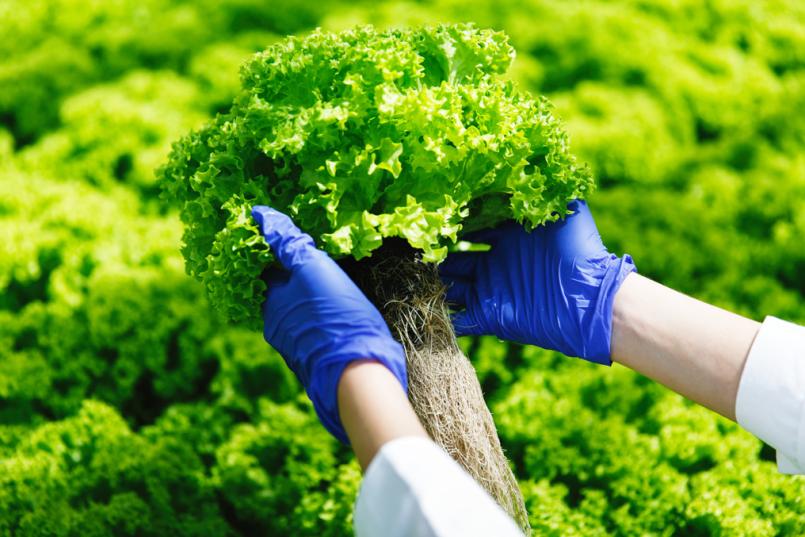Enhancing Plant Growth Amidst Abiotic Stresses
In an era where sustainable agriculture is paramount, the quest for enhancing crop productivity while minimizing environmental impact has led to the exploration of innovative agricultural practices. Among these, biostimulants have emerged as promising tools in bolstering plant growth and resilience, particularly under the onslaught of abiotic stresses.
Understanding Biostimulants
Biostimulants encompass a diverse array of substances, ranging from microbial formulations to seaweed extracts, which, when applied to plants or the soil, stimulate physiological processes to improve nutrient uptake, stress tolerance, and overall growth. Unlike fertilizers, which directly provide essential nutrients, biostimulants act as catalysts, enhancing the plant's natural mechanisms for nutrient assimilation and stress management.
Combatting Abiotic Stresses
Abiotic stresses, such as drought, salinity, extreme temperatures, and heavy metal contamination, pose significant challenges to agricultural productivity worldwide. These stressors disrupt plant physiological processes, impairing growth, development, and yield. However, biostimulants offer a ray of hope in mitigating the adverse effects of abiotic stresses.
Enhanced Nutrient Uptake
One of the primary mechanisms through which biostimulants alleviate abiotic stress is by enhancing nutrient uptake efficiency. By stimulating root development and improving soil microbial activity, biostimulants enable plants to access essential nutrients more effectively, thus fortifying them against stress-induced nutrient deficiencies.
Activation of Stress Response Mechanisms
Biostimulants also play a crucial role in activating stress response mechanisms within plants. They trigger the synthesis of stress-related proteins and metabolites, such as antioxidants and osmoprotectants, which help plants cope with adverse environmental conditions. Consequently, plants treated with biostimulants exhibit heightened tolerance to drought, salinity, and other abiotic stresses.
Regulation of Plant Hormones
Furthermore, biostimulants modulate the balance of plant hormones, such as auxins, cytokinins, and abscisic acid, involved in various physiological processes. By fine-tuning hormone levels, biostimulants promote root proliferation, shoot growth, and stress adaptation, thereby bolstering overall plant vigor and resilience in challenging environments.
Environmental Sustainability
In addition to their efficacy in enhancing plant growth and stress tolerance, biostimulants offer notable environmental benefits. Unlike synthetic agrochemicals, biostimulants are typically derived from natural sources and exhibit low toxicity, minimizing adverse effects on soil health, water quality, and non-target organisms. Moreover, their mode of action aligns with principles of sustainable agriculture, promoting ecological balance and long-term soil fertility.
Conclusion
As global agricultural systems grapple with the escalating challenges of climate change and environmental degradation, the role of biostimulants in sustainable crop production cannot be overstated. By harnessing the power of nature's own remedies, biostimulants empower plants to thrive amidst adversity, ensuring food security and environmental stewardship for generations to come. As research and innovation continue to expand the frontiers of biostimulant technology, their integration into mainstream agricultural practices holds immense promise for a greener, more resilient future.
Article submitted by AXTUR, Ltd.
Discovering the Power of Biostimulants
